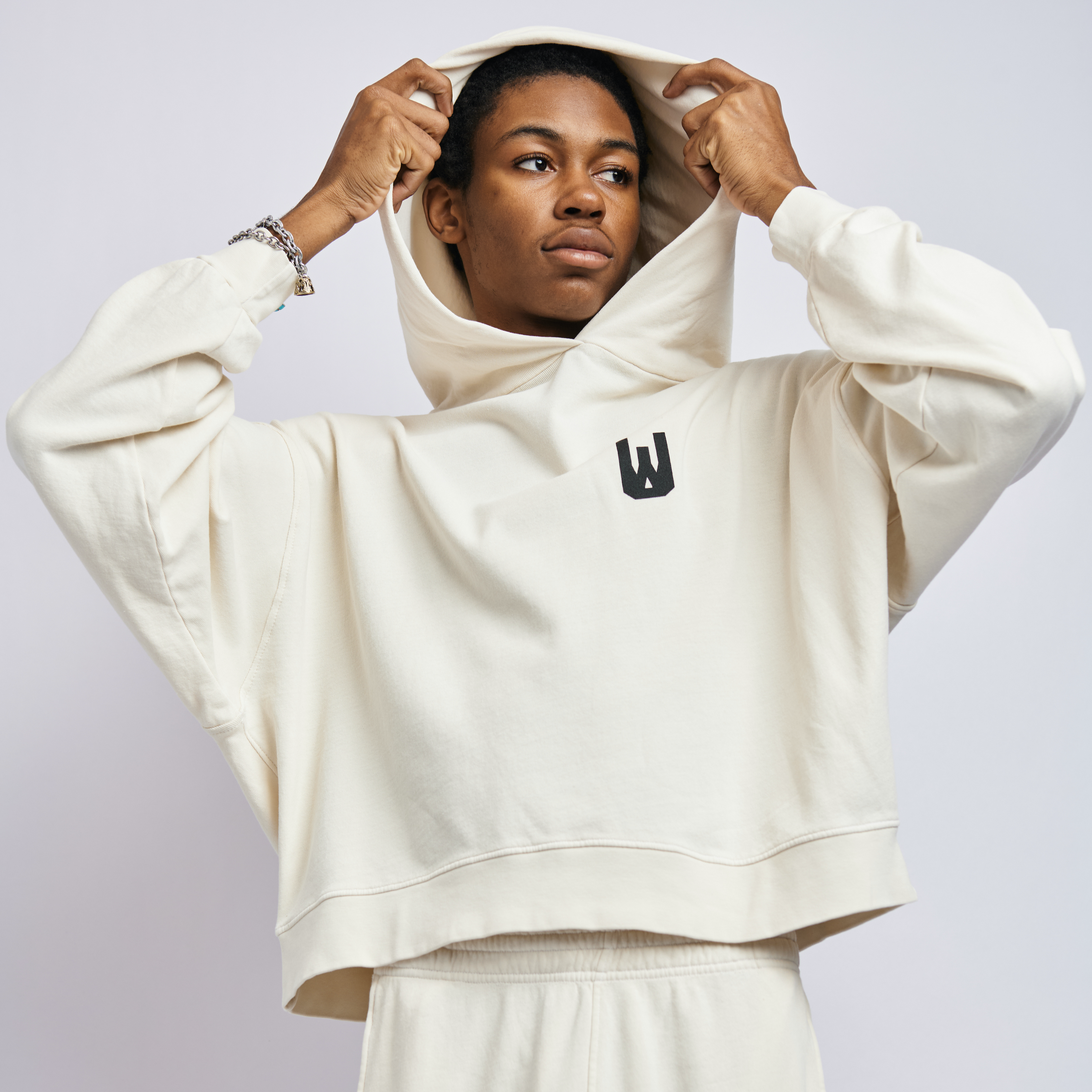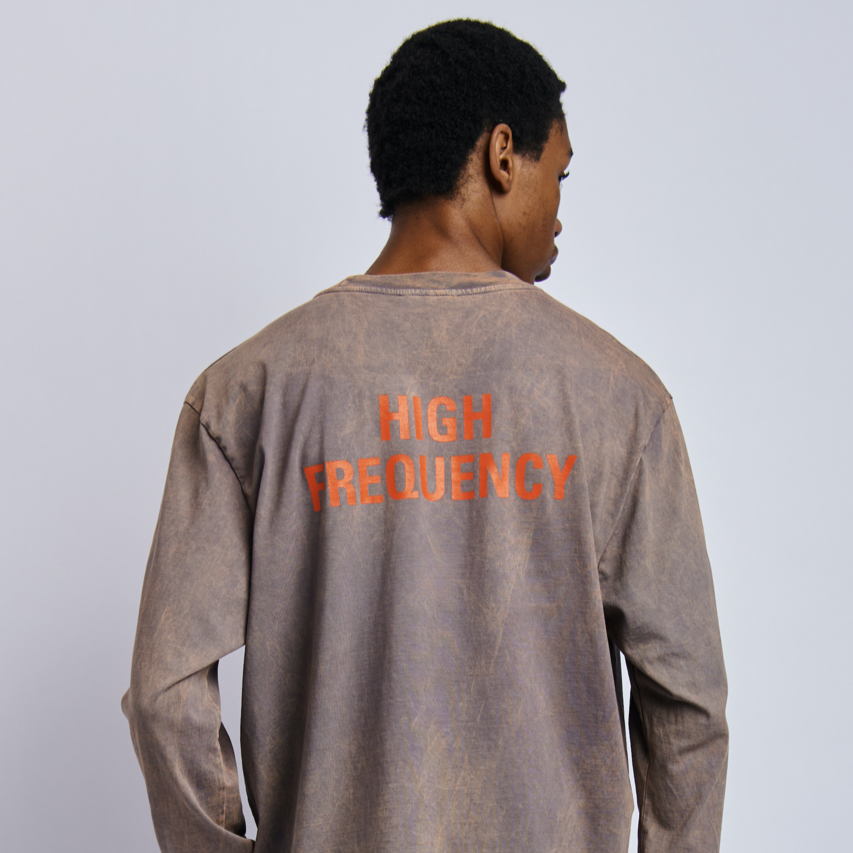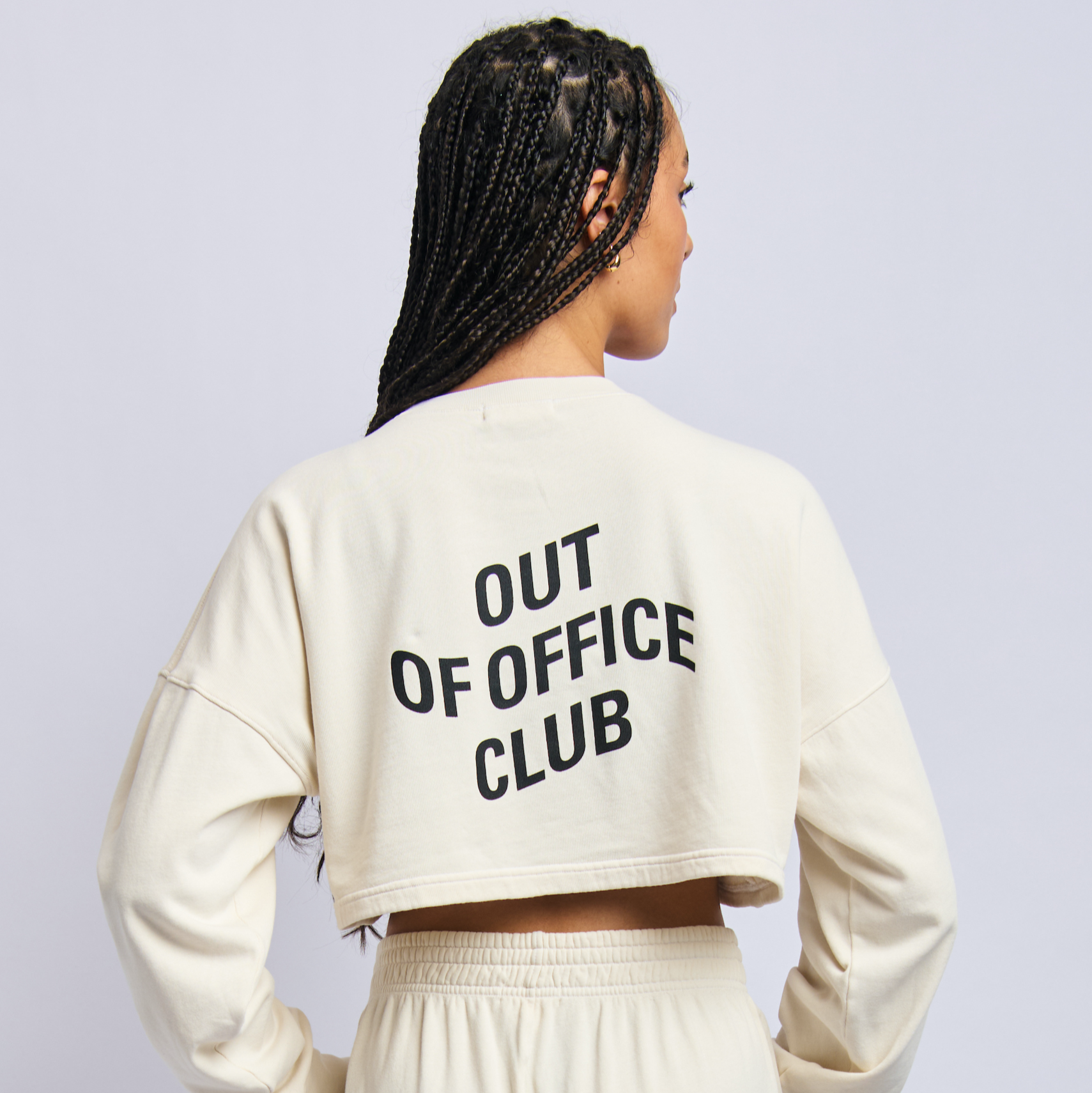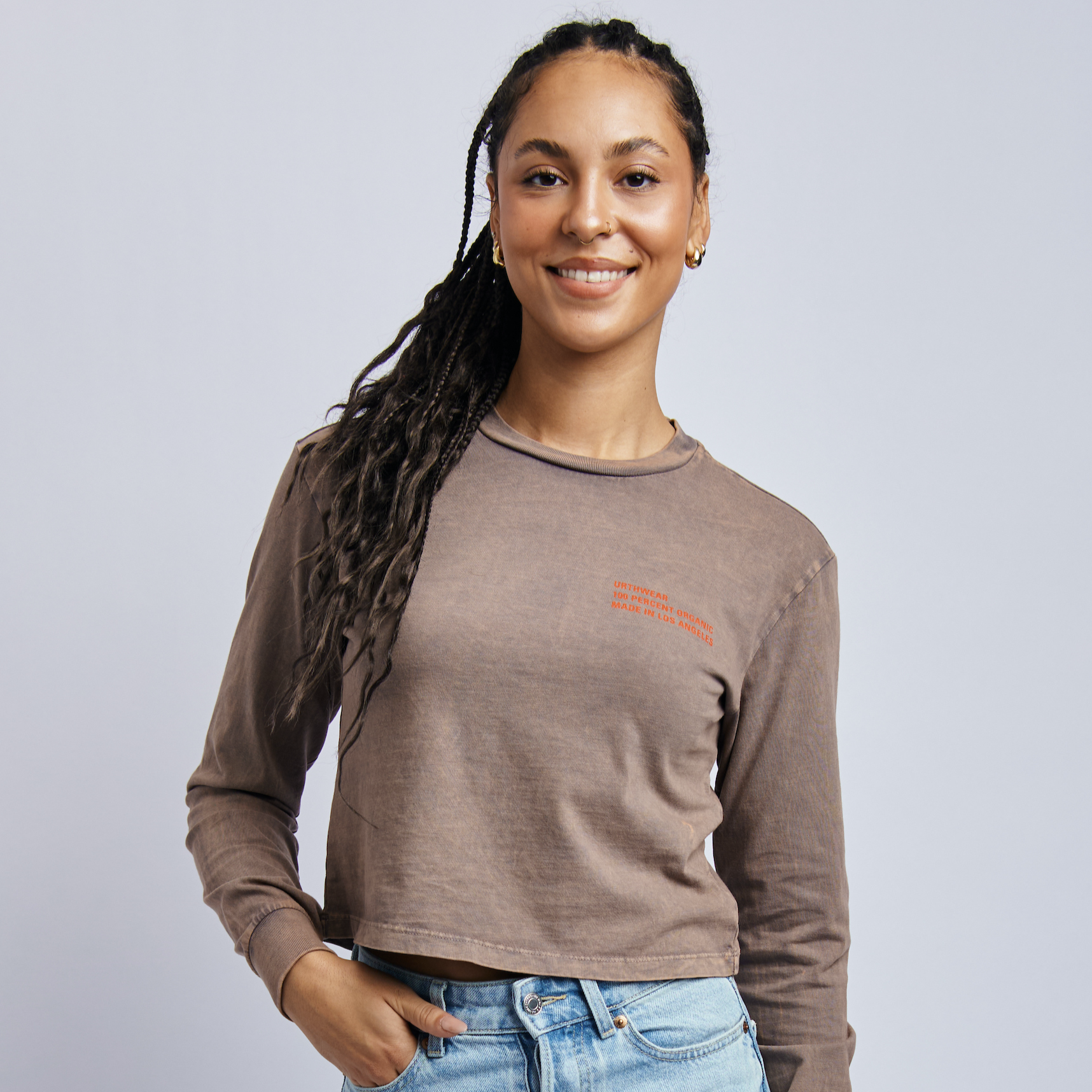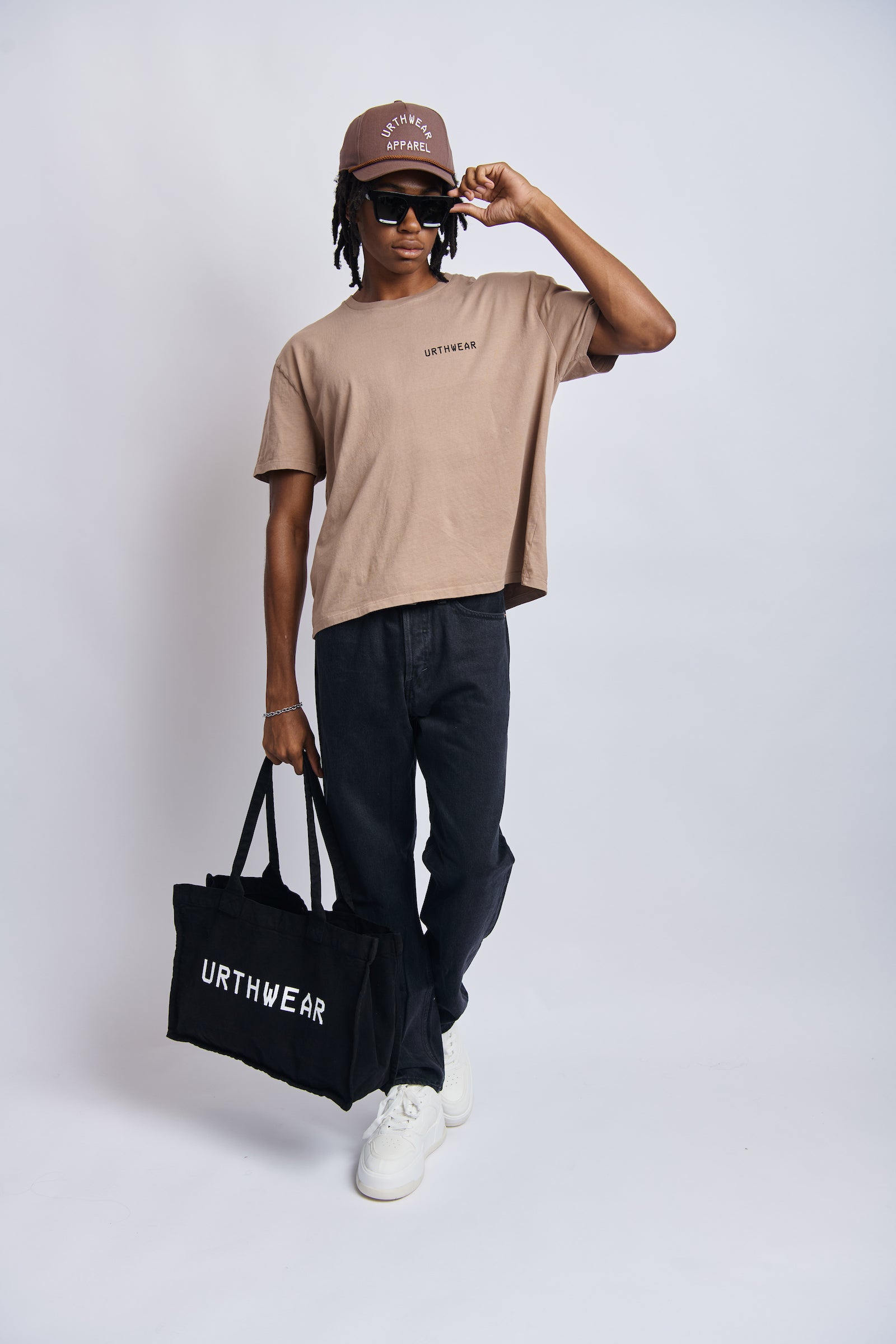Fast forward a few hundred years—imagine historians piecing together our era, only to find that our biggest legacy is a mountain of Zara and Shein crop tops. Not exactly the time capsule we were hoping for, right? Let’s talk about how fast fashion is doing way more harm than good—and how you can help change that.
 Fast Fashion’s Toxic Business Model
Fast Fashion’s Toxic Business Model
Here’s the deal: fast fashion thrives on one thing—cheap, mass-produced clothing that gets thrown out faster than you can say “impulse buy.” With brands producing twice as many clothes as they did before the year 2000, we’re left with piles of waste that are quickly filling up landfills. And it's only getting worse—50 million tons of clothing were dumped in 2015 alone, and that number keeps rising.
Fast fashion isn’t just about “affordable” trends. It’s about a system that thrives on overconsumption, pushing us to buy more than we need, wear it a few times, and toss it away when it’s no longer “in style."
The Cycle of Overconsumption and Pollution
It is estimated that Americans buy five times more clothes today than we did in 1980. Globally, 80 billion clothing items are purchased each year. And here’s the kicker: most of those items are worn less than 10 times before they end up in the trash. It’s not just about what we throw away—fast fashion’s entire existence feeds this vicious cycle of overconsumption. It’s a problem that pollutes our planet every step of the way.
 The Dark Side of Fast Fashion Manufacturing
The Dark Side of Fast Fashion Manufacturing
Fast fashion doesn’t just pollute with its waste—it’s dirty from the start. The cheap materials that make up your $5 tee are often synthetic fibers, which are typically derived from fossil fuels, meaning they don’t break down in landfills. And those fibers? They’re ending up in our oceans, harming wildlife and contaminating our water supplies. When you buy into fast fashion, you’re not just buying a piece of clothing. You’re supporting a system that’s doing irreversible damage to the environment.
Why It Matters
Fast fashion’s business model isn’t just bad for the environment—it’s bad for our future. So before you add that trendy $10 top to your cart, remember: the “cheap” price tag comes with a much higher cost—the health of our planet.
At URTHWEAR, we believe in conscious consumption, choosing quality over quantity, and supporting sustainable practices that better serve our Earth. Want to make a difference? Start with your wardrobe. Let’s be part of the solution, not the problem.

